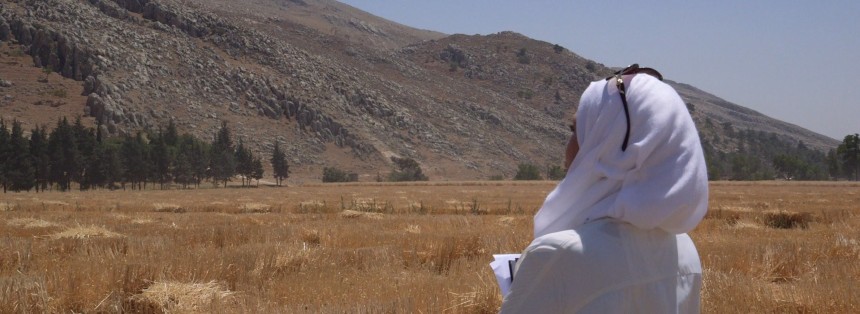Conflicts, violence, human rights violations and climate change displace untold numbers of people from their homes and countries. Among those fleeing their country, there are scientists, doctors, engineers, and others with advanced technical training. The number of displaced and refugee scientists is unknown, but probably in the thousands and possibly exceeding 10,000. Even when they find refuge in a new country, the insecurity often continues, due to their precarious status.
As it stands, opportunities for displaced and refugee scientists are few and fragmented, mostly in the Global North, with limited duration and great inconsistency among hosting countries and limited engagement by the scientific community. Additionally, research on these issues is currently scant.
The Science in Exile initiative aims to create a network of like-minded organizations that work together to develop a global platform and roll out a coordinated advocacy campaign, in order to foster a cohesive response for the support and integration of at-risk, displaced, and refugee scientists.
The initiative is designed to help the science and policy communities prepare to mitigate the struggles these scientists endure, and ensure that they are able to pursue their research and training. Their expertise, in time, will be critical for rebuilding their home countries.
Science in Exile brings together at-risk, displaced, and refugee scientists and organizations that provide support to them, as well as governments, donors, international agencies, non-governmental organizations, diaspora groups, and the broader scientific community, to create a platform for the exchange of ideas, good practices and opportunities.
Science in Exile was launched in 2021 and is a collaboration between The World Academy of Sciences for the advancement of science in developing countries (UNESCO-TWAS), the International Science Council (ISC) and the InterAcademy Partnership (IAP).
Until December 2021, Science in Exile has been financially supported by the Swedish International Development Cooperation Agency (Sida), through a contribution to UNESCO-TWAS.
For information about the Science in Exile initiative, visit https://scienceinexile.org.

